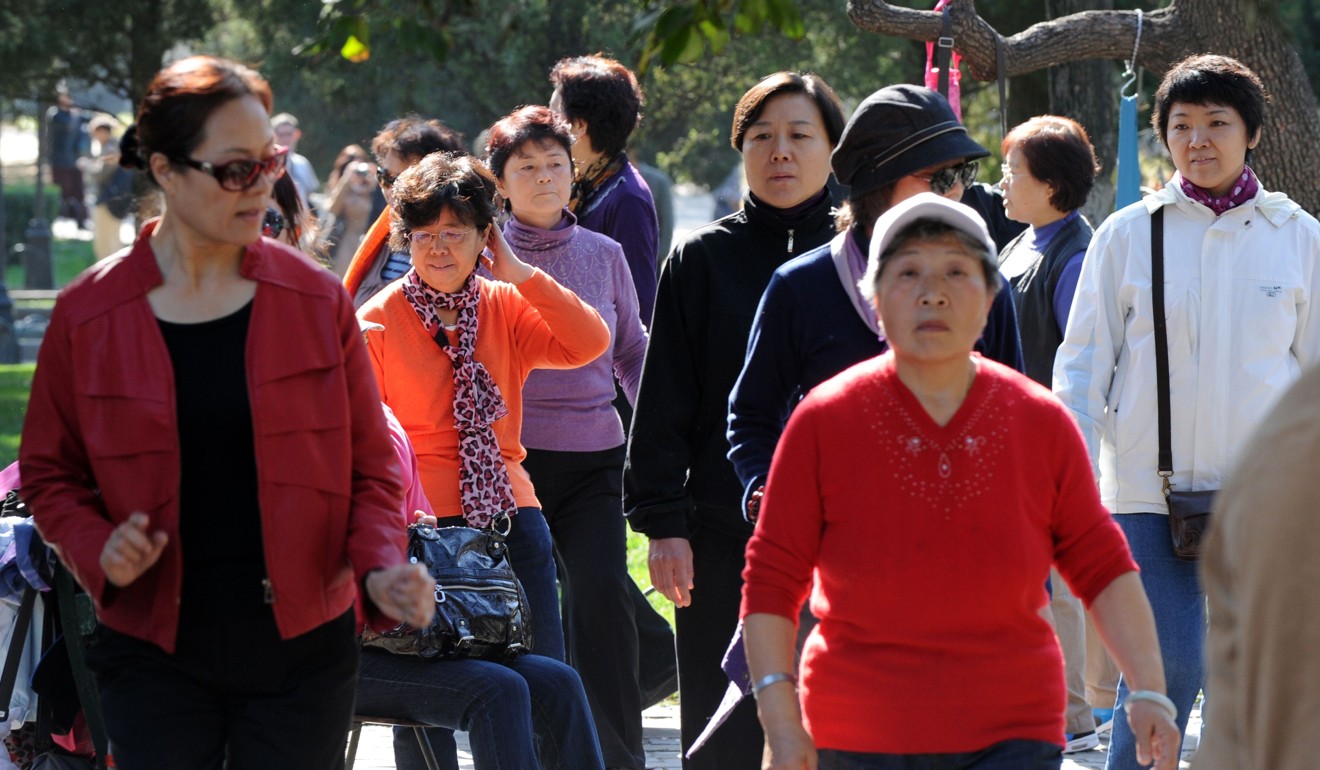
Are you at risk of diabetes? Chinese AI system could predict disease 15 years in advance
Technology firm working with Shanghai hospital says system had an 88pc accuracy rate in tests on information from 170,000 people
Doctors at a hospital in Shanghai are hoping a new artificial intelligence system will help them to identify patients at risk of developing diabetes up to 15 years in advance.
In tests the model, known as Ruining Knows Sugar, or Ruining Zhitang in Chinese, achieved an accuracy rate of 88 per cent, according to 4 Paradigm, the Beijing-based company that developed the software and which has been working with medical staff at Ruijin Hospital in Shanghai since last year.
According to Tu Weiwei, a machine learning specialist at the tech company, the system was designed to identify those most at risk of developing type 2 diabetes – the most common form of the chronic disease – within the next three years.
It also gave risk forecasts for the next nine and 15 years as a reference, he said.
Nearly one in two Chinese have diabetes or are likely to get it, making country’s epidemic the world’s biggest
Ning Guang, a specialist in metabolic diseases and vice-president of Ruijin Hospital, said the new system used medical information from 170,000 individuals from across the country, some of whom had diabetes and others who did not.
The data, which was collected between 2010 and 2013 by the hospital’s diabetes research team, included gender, height, weight, blood sugar levels, smoking and drinking history, and education levels, he said.
The AI algorithm then used that information to make its predictions and “learned” from the results, Ning said.

Diabetes is one of the world’s most common and costly chronic illnesses, affecting one in 11 adults globally.
The ratio in China is similar, at about 10 per cent, but given the huge size of its population that means the country had about 110 million diabetes patients in 2016, according to figures from the International Diabetes Federation and World Health Organisation.
Artificial intelligence use poised for rapid growth in Chinese hospitals
The prevalence of the disease had put a huge strain on China’s medical resources, Ning said.
“If the trend continues, we will need 100,000 more doctors,” he said.

Xu Aimin, a University of Hong Kong professor specialising in diabetes and cardiovascular diseases, said that early diagnosis of diabetes was key to providing timely treatment, prolonging lives and reducing the financial burden the disease has on the country.
“Without concerted action, the incidence is likely to increase,” he said. “Diabetes is not curable, but it can be prevented.”
1.4 billion adults risk deadly disease by not exercising enough, WHO study finds
Xu said also that type 2 diabetes was closely related to obesity and that people could reduce their risk of developing it by making healthy lifestyle choices.
The use of artificial intelligence to help predict and monitor diabetes is growing.
In June, American medical device company Medtronic, working with IBM Waston Health, released its Sugar.IQ app, which evaluates how a user’s blood sugar levels respond to variables such as food intake, insulin dosing and other daily routines.

